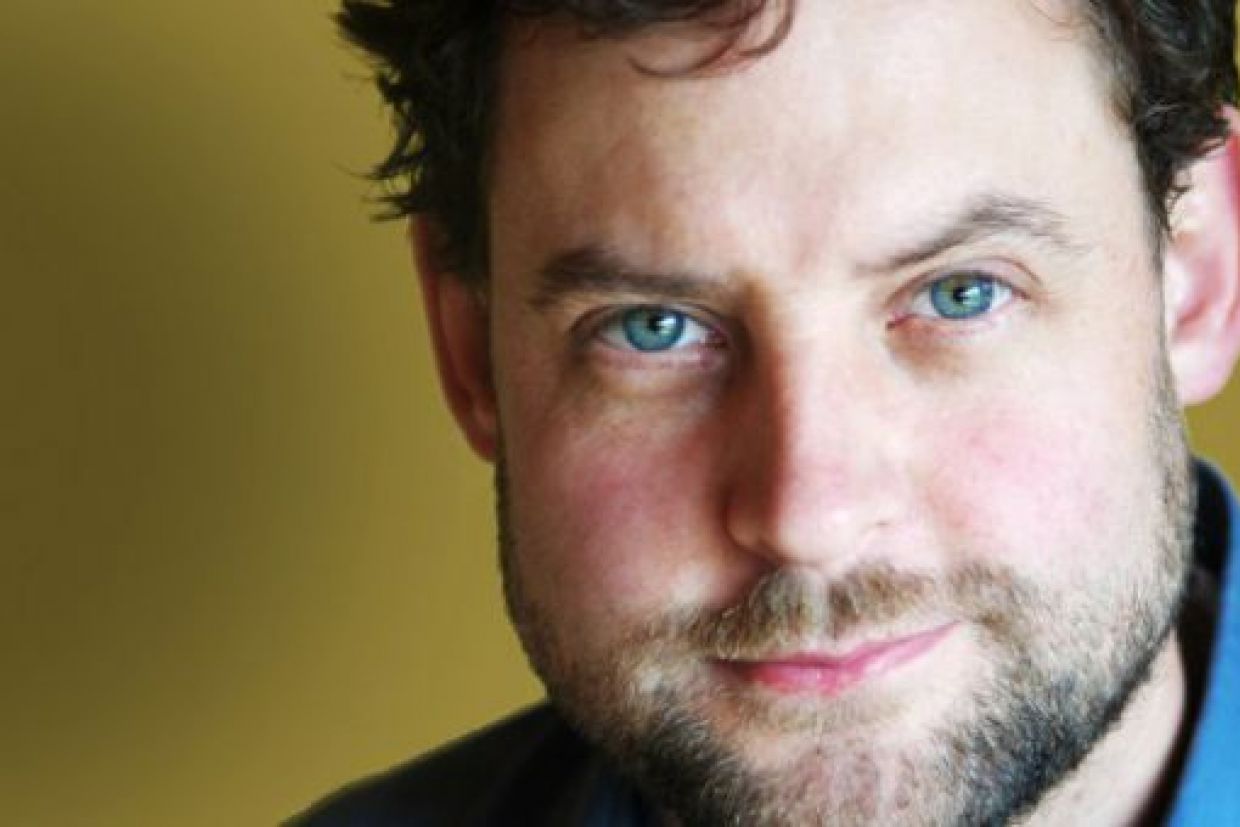Chris Turner, Artsci’96, is passionate about the environment, sustainable energy, and green technology.
The best-selling author and public speaker is currently touring southern Ontario talking about Germany’s sustainable energy program known as Energiewende. It’s an ambitious initiative by a major industrial country to move towards renewable energy and hyper-efficiency. His talk will focus on what Germany has done right and wrong, and what Ontario can learn from its European counterpart.
The history graduate will return to Queen’s for a free public lecture in Walter Light Hall auditorium on November 13 at 7 p.m. He will be speaking along with David Hughes in a lecture titled Canada’s Energy Dilemma: How to Leap into the Future.
He took time out to do a Q&A with the Queen’s University Alumni Relations department.
Question: Were you passionate about the environment and sustainable energy when you were a Queen’s student?
Answer: Environmental issues were definitely on my mind during my years at Queen’s. In the summer after my first year, I stayed in Kingston to work and my first job fell through – the early ‘90s recession was tough on student employment – and I found work as a canvasser for Greenpeace. I learned a lot on the fly from my colleagues that summer. This was during the protests against logging in Clayoquot Sound. I eventually decided the activist route wasn’t in my future. I took an environmental history course the following year and sought out writing assignments on environmental issues as soon as I started working as a freelance writer a couple of years after graduating from Queen’s (following a two-year stint at Ryerson’s journalism school). The challenge of climate change has been the driving force of my work ever since.
Question: Your books and public talks often focus on environmental success stories. Do you feel positive environmental stories are overshadowed in the media by attention-getting negative stories (such as global warming and melting polar ice caps)?
Answer: Certainly good news is harder to find a home for than a good horror story. Part of the problem, though, is that the sustainability and clean energy beat is still quite new, so many veteran reporters just don’t have the knowledge base and contact list to report it well. I remember discovering a community of 58 townhomes in southern Germany (it goes by the German nameSolarsiedlung), every one of which makes more energy than it uses, and once I had a chance to see the place for myself, I left thinking “why isn’t this the most famous architectural project on earth?” I mean, these are homes functioning as power plants. That’s an inversion of the very basis of civilization’s relationship with energy. It should be bigger news.
Question: Under Dalton McGuinty, the Ontario government made a push towards promoting sustainable energy. Do you applaud the provincial government’s initiatives or should they be doing more?
Answer: I think the Green Energy Act is the best piece of climate and energy legislation yet passed in North America, and it is directly modelled on the German feed-in tariff act (passed in 2000), which I have reported on extensively. Where the Ontario government needs to do better is in implementation. One of the huge differences between the German and Ontarian rollouts is that the majority of Germany’s renewable energy installations are owned by individuals, co-ops or municipal utilities. Average Germans by the millions are directly invested in their clean energy future. Whereas in Ontario, huge wind projects seemed to all but parachute out of the sky into rural communities, causing far more pushback than they should have.
Question: What lessons can the Canadian government learn from their German counterparts when it comes to lower carbon emissions and increasing sustainable energy programs?
Answer: The most important lesson, which I learned from the brilliant German politician Hermann Scheer (who wrote Germany’s renewable energy legislation), is that the shift to a low-carbon economy is not a matter of costs and burdens but of opportunity and renewal. German engineering has developed some very sleek and efficient tools, to be sure, but the real lesson Germany teaches is that a great big national leap into the sustainable future can generate hundreds of thousands of jobs, turn energy consumers into producers, and create a vibrant new industrial economy.


